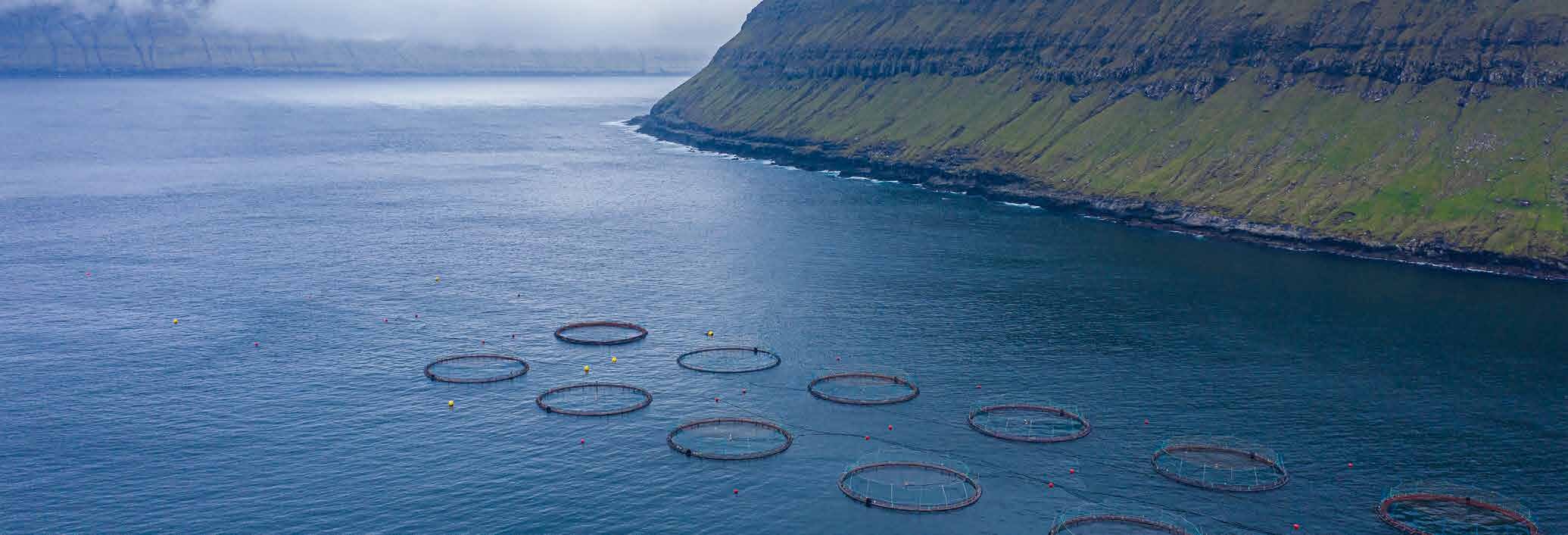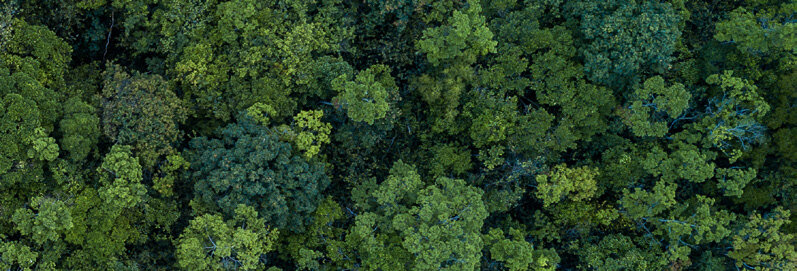The Acumen Resilient Agriculture Fund (ARAF) is the first climate adaptation-focused agriculture investment fund for small-scale farmers. It aims to reach 10 million beneficiaries and catalyse USD 56 million.
This funding is intended to increase the resilience of farmers through increased productivity and predictable incomes, enabling them to build a base of savings and assets to reduce the impact of future climate shocks. It aims to shift the pattern of investment in climate change adaptation activities in Africa from grants to a long-term capital approach, enabling smallholder farmers to respond to climate change more efficiently and effectively. ARAF will run for 12 years, providing time for innovative, early stage companies to develop and scale up financially viable business models.
ARAF will support innovative private social entrepreneurs in micro-, small, and medium-sized enterprises (MSMEs) by providing equity and quasi equity to agribusinesses serving smallholders. ARAF’s focus is on supporting aggregators (companies that offer bundled climate resilience solutions), agritech businesses (which provide digital platforms such as online marketplaces) and financial service providers (which help farmers diversify their income base by investing in additional productive assets). Operating so far in Ghana, Kenya, Nigeria and Uganda, ARAF also has plans to expand to other countries in East and West Africa.
The Green Climate Fund (GCF) has put in an anchor investment of USD 23 million in equity in ARAF’s first loss pool, de-risking the investment for risk-averse private sector investors. GCF has also injected USD 3 million into a USD 6 million Technical Assistance Facility to help investee companies build climate adaptive businesses that provide a financial return to ARAF and its investors.
STAKEHOLDERS:
Acumen, the Green Climate Fund, FMO, the Open Society Foundation








